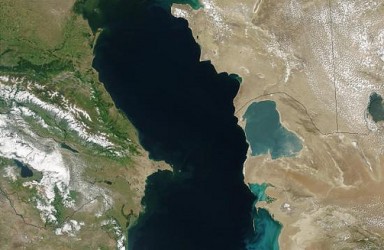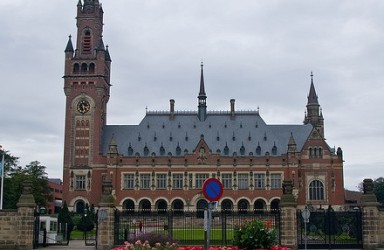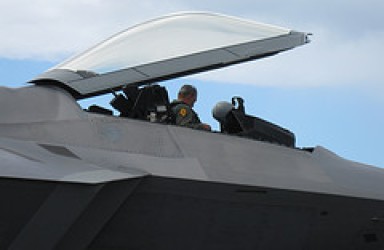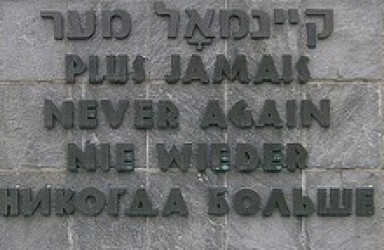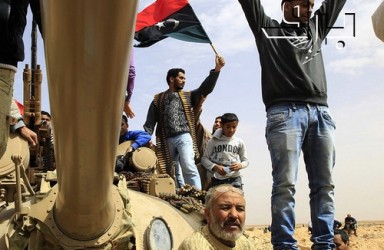Caspian (Virtual) Energy Geopolitics
A simple sentence could summarize almost a decade of negotiations, both political and economic, over a field that has not brought a single drop of oil to the surface: “No oil, plenty of ink”. The case of Kurmangazy, an oil field which lies about half way between the Russian and the Kazakh coasts, helps us understand the multidisciplinarity and the importance of the role of energy in foreign policy decision-making.
THE FORMULA FOR AMERICAN ISOLATIONISM
I prefer to call it Restraint, but let’s be clear, by whatever label America is pulling back. The oceans are big and protect America from much of the world’s turmoil. Being on American side of them is cheaper than being on the other side and wiser too. America is coming home thanks to the government’s budget deficit.
A Gendered Reading of the Anna Hazare Phenomenon
When Anna Hazare was detained by the Indian authorities to prevent him from protest-fasting against the government’s version of the Lok Pal Bill, he declared the beginning of India’s “second freedom struggle. His use of satyagraha, fasting-as-protest, and the adornment of the Gandhi cap are materially, discursively and performatively evocative of Gandhi’s freedom struggle.
Where Does Article 38 Stand Today?
Although Article 38 has helped define international law as a discipline distinct from politics and international relations, it has fallen short of seeing the process through. As dynamic as society is, law needs to be one step ahead to ensure that there is a means to keep actions and omissions in check.
Between Austerity and Viability: The Search for Future Air Combat Platforms in East Asia
Recent years have seen the intensification of political tensions between various states in the Pacific and East Asia. The rise of China as a military and economic power has necessarily triggered concern in the region, causing nations to reexamine their air-power procurement and development plans.
Famine in Somalia: A Man Made Disaster
The Somali people, for decades pawns in a catastrophic game of geopolitics, are paying the ultimate price for a counterterrorism policy that has exacerbated the very threat it sought to quell. Now, when western assistance is truly merited, the gates appear firmly shut.
Prevention: Core to the Responsibility to Protect
Motivated both by analytical rigor and political expediency, ICISS sandwiched its discussion of international response to atrocities between what it described as a “responsibility to prevent” and a “responsibility to rebuild.” Once introduced, however, the logic of prevention as core to the global atrocity agenda was difficult to deny. Why wait to halt a massacre if early engagement might avert it entirely?
If hate is the problem, how can hate be the solution?
Hatred is a current ‘cool’ fad, but a terribly dangerous one. As with Holocaust deniers, evidence does not deter those Islamophobes who smear all Muslims. Since Muslims are roughly 1/5 of the world’s population, they would be wrecking massive worldwide havoc if their nefarious goal was domination and destruction of all non-Muslims. It clearly isn’t.
R2P: Seeking Perfection in an Imperfect World
While the development of R2P as a concept has been the preserve of international relations theoreticians (albeit ones with large amounts of practical experience), its implementation rests on the practitioners of the day. And these practitioners deal in the world of realpolitik with all of its inconsistencies, relativities and competing national interests.
How to Lose a Revolution
Some are calling the coalition intervention that began 19 March 2011, in Libya a success. I call tens of thousands of deaths and injuries a tragedy. When such casualties occur owing to a military intervention never shown to be necessary, the intervention is a failure.
